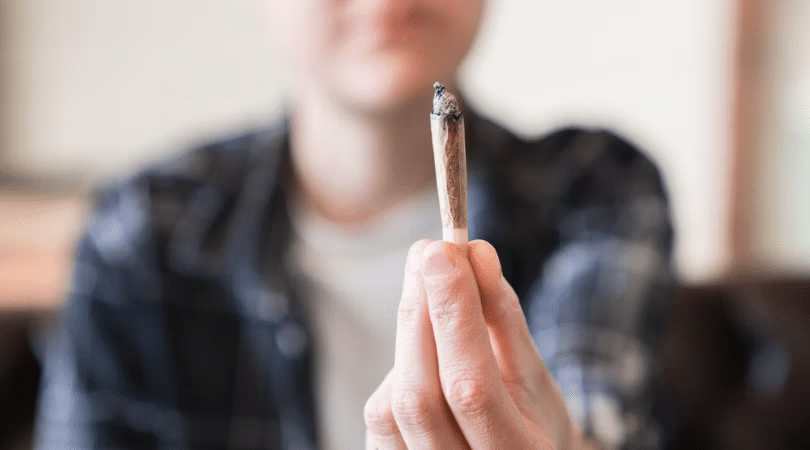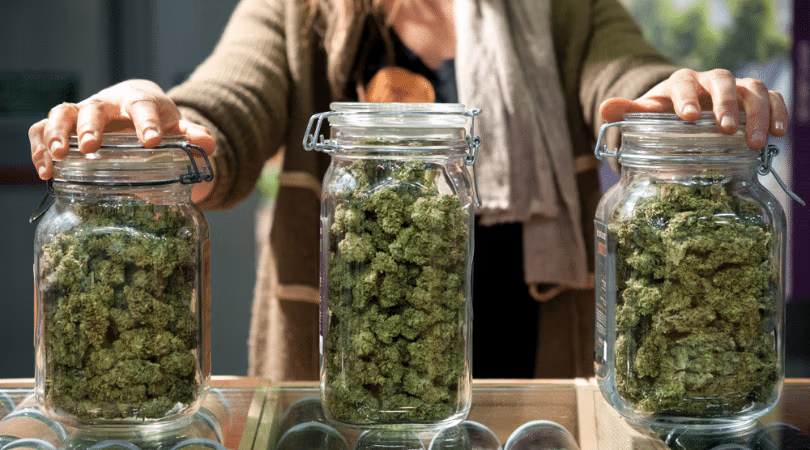The distinction between medical and recreational use isn’t just about legality; it’s about tailored access and support for those who rely on cannabis for relief. Please note the information in this post applies to those purchasing cannabis in the state of Colorado.
Medical vs. Recreational
In 2000, voters passed Initiative 20, legalizing medical marijuana use in Colorado and creating a system for patients and their caregivers. According to the state of Colorado website, “the Colorado Medical Marijuana Registry is a confidential, statewide program that allows patients with qualifying, debilitating medical conditions to receive a registry identification card for legal access to medical marijuana.” Each state has different qualifying conditions for medical marijuana use but the most common ones include epilepsy and seizure disorders, cancer, multiple sclerosis, HIV/AIDS, neurodegenerative disease, pain management, and post-traumatic stress disorder (PTSD).
While there are additional steps to obtain your medical card, many who rely on it would consider it worth the effort for a few reasons. First, the age requirement for medical use is 18 years versus age 21 for recreational use. Additionally, the majority of medical card holders frequently need higher doses of cannabis for pain management that recreational shops are unable to legally sell. Lastly, medical card holders in Colorado are exempt from the 10% retail marijuana tax and 15% excise tax that recreational shops are required to charge for each transaction. Ensuring that medical marijuana is both affordable and accessible is crucial to the many people who rely on it for a higher quality of life.
Different Regulations
The regulations around age and possession limit depend on whether you use cannabis for medical or recreational use.
Age Requirements
You have to be 21+ years old for recreational use, while you have to be 18+ years old for medical use.
Possession Limits
Flower: You are allowed to possess 1oz for recreational use
Concentrates: You are allowed to possess 8g for recreational use
Flower: You are allowed to possess 2oz for medical use
Concentrates: You are allowed to possess 40g for medical use
Conclusion
The differences between medical and recreational cannabis go beyond legality. For many, the extra steps to obtain a medical card are worthwhile. Not only does it offer access at a younger age and higher possession limits, but it also provides affordability through exemption from certain taxes. These nuances matter immensely to individuals relying on cannabis for improved quality of life. Understanding these differences is key to ensuring that those who need it most have access to the relief they require.

